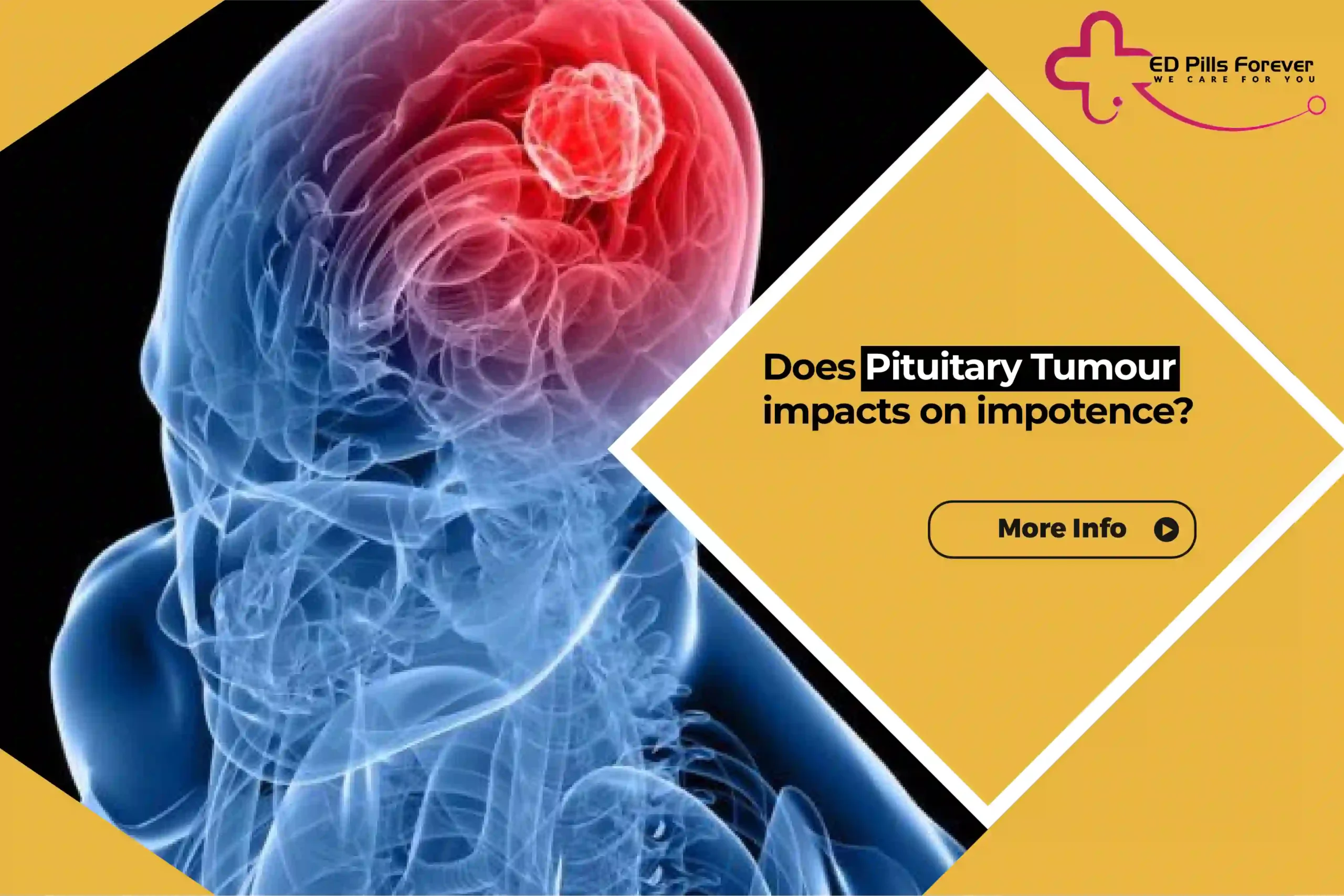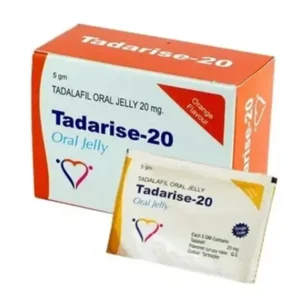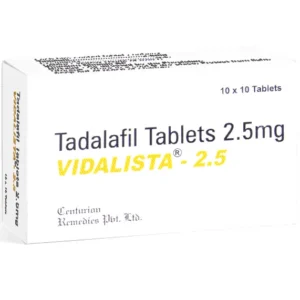Does a Pituitary Tumor Impact Impotence? The Hidden Connection Between Your Brain and Bedroom
Let’s be real, when people talk about Impotence, they often think it’s a “below-the-belt” issue. Something physical. Something you can fix with a little blue pill and a pep talk. But sometimes, the root cause sits much higher right inside your head. Literally.
You might be wondering, what does my brain have to do with erections or sexual performance? The answer lies in a small but mighty gland deep inside your skull: the Pituitary Tumor’s home base, the pituitary gland.
Sounds weird, right? That something so tiny about the size of a pea could have such a huge say in your sex life. But it does. And when that gland develops a Pituitary Tumor, the effects can ripple through your entire hormonal system, even leading to problems like Impotence.
 Here’s the Thing: The Pituitary Gland Runs the Show
Here’s the Thing: The Pituitary Gland Runs the Show
Think of the pituitary gland as your body’s control room. It sits right at the base of your brain, sending signals that tell other glands like the testes, thyroid, and adrenal glands what to do.
When it’s healthy, it maintains balance. But when there’s a Pituitary Tumor, that balance goes out the window.
The tumor can press on nearby structures or disrupt hormone production, leading to too much or too little of certain hormones. And when those hormones control your sex drive, energy, and reproductive function… you can imagine how things start to go sideways.
This is why doctors often call the pituitary gland the “master gland.” It quietly governs your sexual health, mood, metabolism, and stress response all the behind-the-scenes systems that make you feel like, well, you.
So when a Pituitary Tumor appears, it’s not just a medical condition it’s a whole-body disruption.
How a Pituitary Tumor Can Lead to Impotence
Let’s talk about impotence, a word that still makes many men cringe. It’s often used interchangeably with erectile dysfunction, meaning the inability to achieve or maintain an erection firm enough for sex.
Now, here’s where it gets tricky. Not all cases of impotence come from low testosterone. But when a Pituitary Tumor is involved, the odds are high that hormones are to blame.
Here’s why:
The pituitary gland produces luteinizing hormone (LH) and follicle-stimulating hormone (FSH). These two act like messengers to your testes, telling them to produce testosterone and sperm.
But when a Pituitary Tumor interferes, these signals get scrambled. The result? Testosterone levels plummet, sperm production drops, and your libido along with your confidence can take a serious hit.
Interestingly, some pituitary tumors secrete prolactin, a hormone normally responsible for milk production in women. In men, high prolactin levels (a condition called hyperprolactinemia) can severely dampen testosterone production and lead to impotence.
To be honest, it’s one of those medical situations that sneak up on people. You might just think you’re tired, stressed, or “not in the mood lately,” but underneath, your Pituitary Tumor might be quietly hijacking your hormones.
The Pituitary Gland and Sexual Health: An Unseen Relationship
When it comes to Pituitary gland and sexual health, the connection is intimate. You can’t separate one from the other.
Sexual function is largely hormonal and the pituitary gland orchestrates that entire hormonal symphony. It regulates testosterone, estrogen, thyroid hormones, and even stress-related cortisol. So when the gland falters, everything from your energy levels to your arousal can be affected.
I once interviewed an endocrinologist who described it perfectly: “You can’t fix sexual dysfunction without looking at the hormonal architecture behind it.”
And he’s right. You can take Tadalafil or other ED medications, but if a Pituitary Tumor is the real culprit, you’re only treating the symptom not the cause.
Best Seller
Best Seller
The Emotional Side: It’s Not Just Physical
Let’s not sugarcoat it, Impotence can be emotionally devastating.
It’s not just about sex; it’s about identity. For many men, the ability to perform sexually is tied deeply to self-esteem and masculinity. When that slips, anxiety and shame often follow.
Add to that the hormonal imbalance caused by a Pituitary Tumor, and you’ve got a perfect storm of physical and emotional distress. Depression, fatigue, and loss of interest in intimacy are all common.
It’s not as simple as taking a pill or trying harder. When your hormones are misfiring, your mind and body can feel disconnected. You want to feel desire, but your biology just doesn’t cooperate.
That said, it’s not hopeless. Once the Pituitary Tumor is diagnosed and properly managed, many men experience a remarkable return of sexual function and energy.
Pituitary Tumor Effects on Sex Life – What You Should Know
So, what are the Pituitary tumor effects on sex life exactly?
They vary depending on the type, size, and behavior of the tumor. Some cause excessive hormone production, while others suppress it. In both cases, the impact on sexual health can be profound.
Men may experience:
Low libido or reduced sexual desire
Difficulty maintaining erections (Impotence)
Decreased energy and motivation
Infertility or reduced sperm count
Mood swings or depression
Women, too, aren’t spared. A Pituitary Tumor can cause irregular menstrual cycles, infertility, or even loss of sexual interest due to low estrogen.
The thing is, these symptoms often mimic other common issues like stress, poor diet, or aging. That’s why many people don’t realize what’s actually going on until they see an endocrinologist.
Treatment: Getting to the Root of the Problem
Once a Pituitary Tumor is confirmed usually through MRI scans and blood tests the goal is to restore hormonal balance. Treatment depends on the tumor’s size and type.
For prolactin-secreting tumors (prolactinomas), medications like cabergoline or bromocriptine can reduce tumor size and normalize prolactin levels. In other cases, surgery or radiation might be needed to remove or shrink the tumor.
As hormones stabilize, many patients notice that symptoms of impotence begin to fade. Libido returns, erections improve, and energy levels rise.
Still, during recovery, some may use medications like Tadalafil to manage the symptoms of erectile dysfunction while the underlying hormonal imbalance is being corrected. Tadalafil doesn’t fix the Pituitary Tumor itself, but it can help bridge the gap, allowing men to regain sexual confidence and intimacy during treatment.
To be honest, that balance between medical management and emotional reassurance is everything. Because let’s face it, sexual health isn’t just physical. It’s mental, relational, and deeply human.
When to See a Doctor
If you’ve been struggling with impotence, low libido, or unexplained fatigue, it’s worth digging deeper especially if those symptoms come with headaches, vision changes, or unexplained weight gain.
These could all be subtle signs of a Pituitary Tumor pressing on nearby structures or disrupting your hormones.
Most importantly, don’t let embarrassment stop you. Talking to a doctor isn’t a sign of weakness, it’s the first step toward getting your life (and your confidence) back.
A Real-World Reflection
I once spoke with a middle-aged man, let’s call him Aaron, who had been battling Impotence for almost two years. He’d tried everything: supplements, stress reduction, even Tadalafil, but nothing seemed to work.
It wasn’t until he saw an endocrinologist that the truth came out: he had a small Pituitary Tumor affecting his hormone levels. Within months of starting treatment, his testosterone levels normalized, and his sex life and self-esteem returned.
His words stuck with me: “I thought I’d lost who I was. Turns out, it wasn’t me it was my hormones.”
That’s the power of understanding what’s really going on beneath the surface.
The Bottom Line
So, does a Pituitary Tumor impact Impotence?
Absolutely. And not just in a minor way it can completely reshape how your body regulates hormones, responds to desire, and performs sexually.
But here’s the hopeful part: once it’s identified, it’s treatable. Many people regain full sexual function, normal hormone balance, and better quality of life with the right care.
So if you’re experiencing symptoms of Impotence that just don’t add up, don’t stop at surface-level fixes. Look deeper. Ask questions. See an endocrinologist.
Because sometimes, the key to restoring your sexual health isn’t found in the bedroom, it’s found in the brain.
FAQs
1. Can a Pituitary Tumor really cause Impotence?
Yes, it can. The pituitary gland regulates hormones like testosterone, which directly affect sexual performance. When a Pituitary Tumor disrupts this process, hormone levels can drop leading to Impotence, low libido, and fatigue. It’s not just a psychological issue; it’s a biological one that starts deep in the brain.
2. How do I know if my Impotence is linked to a Pituitary Tumor?
That’s a good question and honestly, it’s not always easy to tell. If you have Impotence along with other symptoms like headaches, vision problems, or unexplained changes in weight or energy, it’s worth getting checked. An endocrinologist can run blood tests and order an MRI to look for Pituitary Tumor abnormalities.
3. Can medications like Tadalafil help if I have a Pituitary Tumor?
They can help temporarily, yes but they don’t fix the root problem. Tadalafil works by improving blood flow to the penis, which can help with erections, but if your hormone levels are off because of a Pituitary Tumor, it’s more of a short-term patch than a cure. The key is treating the tumor itself and restoring hormonal balance.
4. Will treating the Pituitary Tumor reverse Impotence?
In many cases, yes. Once the Pituitary Tumor is treated whether with medication, surgery, or radiation hormone levels often normalize. As that happens, impotence and low libido usually improve too. Many men report regaining not just sexual function but also energy and emotional stability after treatment.
5. Can women be affected sexually by a Pituitary Tumor too?
Absolutely. A Pituitary Tumor doesn’t just impact men. In women, it can cause irregular menstrual cycles, infertility, or a drop in sexual desire due to hormone disruption. That’s why understanding the pituitary gland and sexual health connection is so important it affects everyone, not just men.
References
















